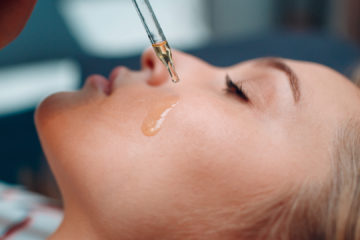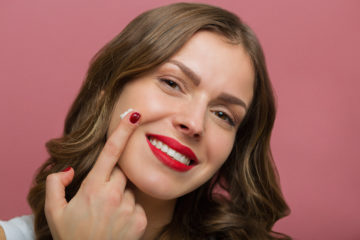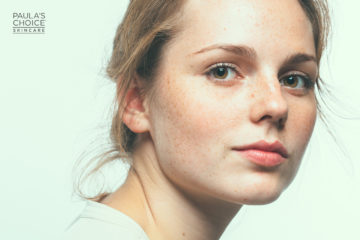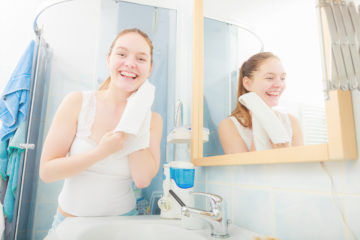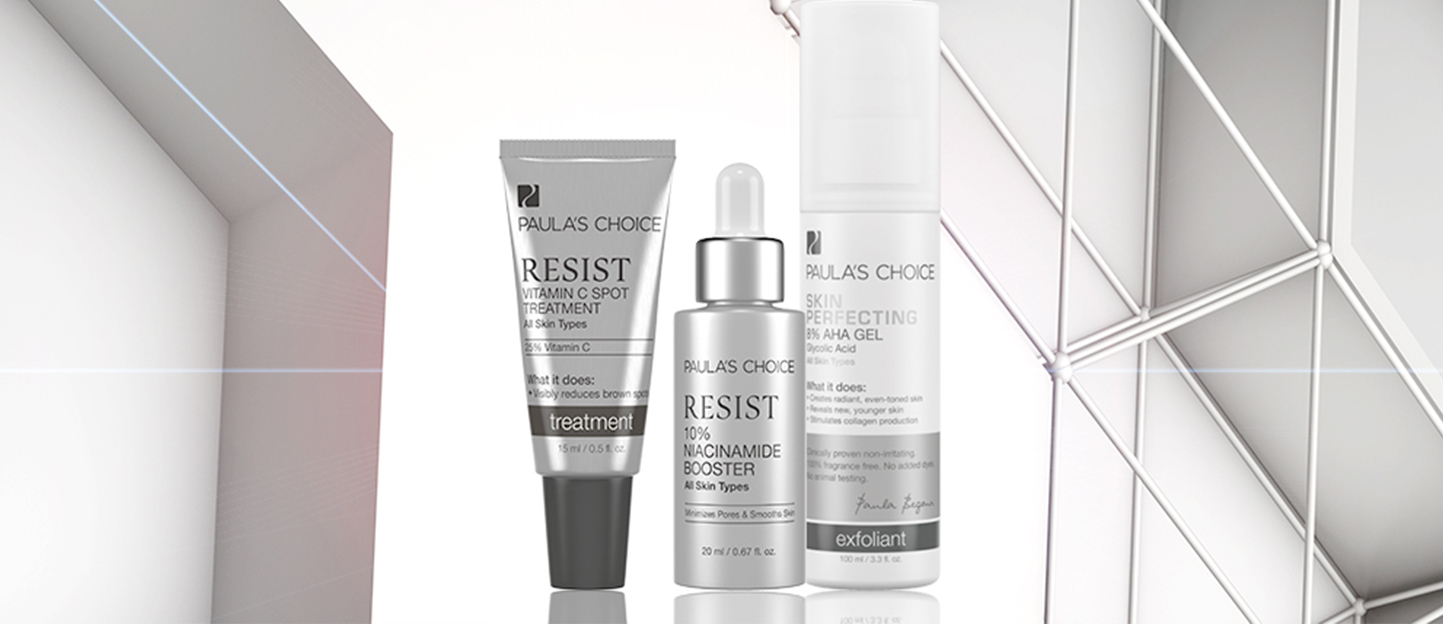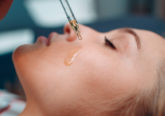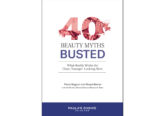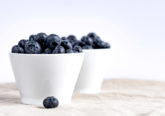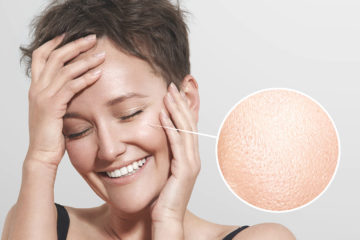Myths About The Side Effects Of Hydroquinone Cream

In this article, we will bust those myths about hydroquinone and show you how safe and effective it actually is.
Myth #1: Hydroquinone Bleaches Your Skin
Hydroquinone does not ‘bleach’ your skin. Your skin colour is determined primarily by a pigmentation called melanin. The more melanin present in your skin, the tanner your skin appears to be. Hydroquinone works by decreasing the production and increasing the breakdown of melanin pigment granules in the skin’s pigment cells, thereby causing your skin to appear fairer. Hydroquinone therefore does not bleach or peel off your skin in order to reveal lighter-looking skin.
Myth #2: Hydroquinone is Harmful
The myth that hydroquinone is harmful stems from misconceptions about the product. While some think that there are negative side effects of hydroquinone, research has shown that unwanted side effects are generally rare and minor. The discolourations could have occurred due to the presence of other harmful ingredients and not necessarily hydroquinone alone.
Myth #3: Hydroquinone is Carcinogenic
This myth came about from a study that injected large amounts of hydroquinone into rats. However, abundant research on the human use of hydroquinone has shown that it is both safe and effective, with 2% hydroquinone as the most effective concentration for over-the-counter use. Additionally, hydroquinone is an antioxidant and some research has actually shown that workers who handle pure hydroquinone have lower incidences of cancer than the general population.
How Does Hydroquinone Really Work?
Hydroquinone helps limit the skin from creating an excess amount of melanin.
When too much melanin is clustered together, they appear as brown spots on the skin. Hydroquinone steps in to interrupt this process and ultimately causes the brown spots to gradually fade.
With daily usage, you can expect a hydroquinone-based skin-lightening product to produce visible results within 2 – 3 months.
How To Get Good Results From Pigmentation Face Creams
Sun protection is one of the key parts of any skincare routine, but this is especially important when using skin-lightening products.
You will definitely not get the results you want if you are not obsessive about applying an SPF 30 or greater sunscreen every single day of the year!
Don’t leave home without it, because it’s important to reapply as needed (which is more often than you think, especially after washing your hands). We wish this wasn’t so rigid, but it’s what the research has shown is necessary to take the best possible care of your skin when brown spots are the concern.
Where to Buy Hydroquinone Cream in Singapore
Unfortunately, hydroquinone cannot be sold over-the-counter or at local pharmacists in Singapore. You can only be prescribed hydroquinone creams when you visit the skin care centres or consult a professional dermatologist.
Fortunately, they are a few alternatives to hydroquinone that produce the same skin lightening effects as hydroquinone.
Alternatives to Hydroquinone
1. Plant Extracts
There are some natural skin brightening ingredients like Mitracarpus scaber (madder) extract, Uva ursi (bearberry) extract, Morus bombycis (mulberry), Morus alba (white mulberry), and Broussonetia papyrifera (paper mulberry). These are all plant extracts that provide superb brightening effects.
The interesting thing though point to note though is that all these ingredients will break down into hydroquinone when they are absorbed into the skin.
2. Arbutin
Arbutin is another superb substitute for hydroquinone and it is also a more natural alternative.
When absorbed into the skin, arbutin will also break down into hydroquinone. Products that contain arbutin include the Resist Whitening Essence and the Radiance Renewal Whitening Mask.
Best Lightening Cream for Hyperpigmentation
Resist 10% Niacinamide Booster
This concentrated 10% niacinamide serum booster dramatically improves uneven skin tone and refines the appearance of pore size, skin texture, and fine lines. It helps to promote a brighter, younger-looking appearance and at the same time provides anti-aging benefits.
Niacinamide (Vitamin B3) is an excellent skin lightening agent that works by down-regulating transfer of melanosomes from the melanocytes to the keratinocytes. Generally, most users see a pigmentation cutback after 12 weeks of daily use.
Conclusion
Hydroquinone is an effective way to reduce pigmentations on the skin. However, it is not easily available in Singapore and needs to prescribed by a professional dermatologist. Aside from using the alternative ingredients to hydroquinone, we also have a list of the top 3 best creams for pigmentation on face. When used together with sunscreen, these creams can produce amazing results and help you reduce those dark spots quickly and efficiently.



